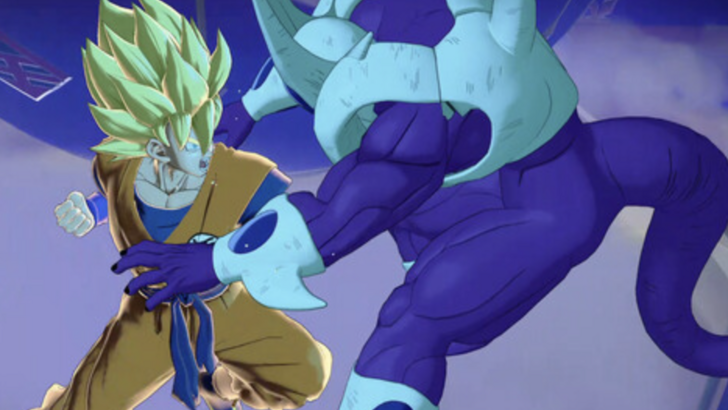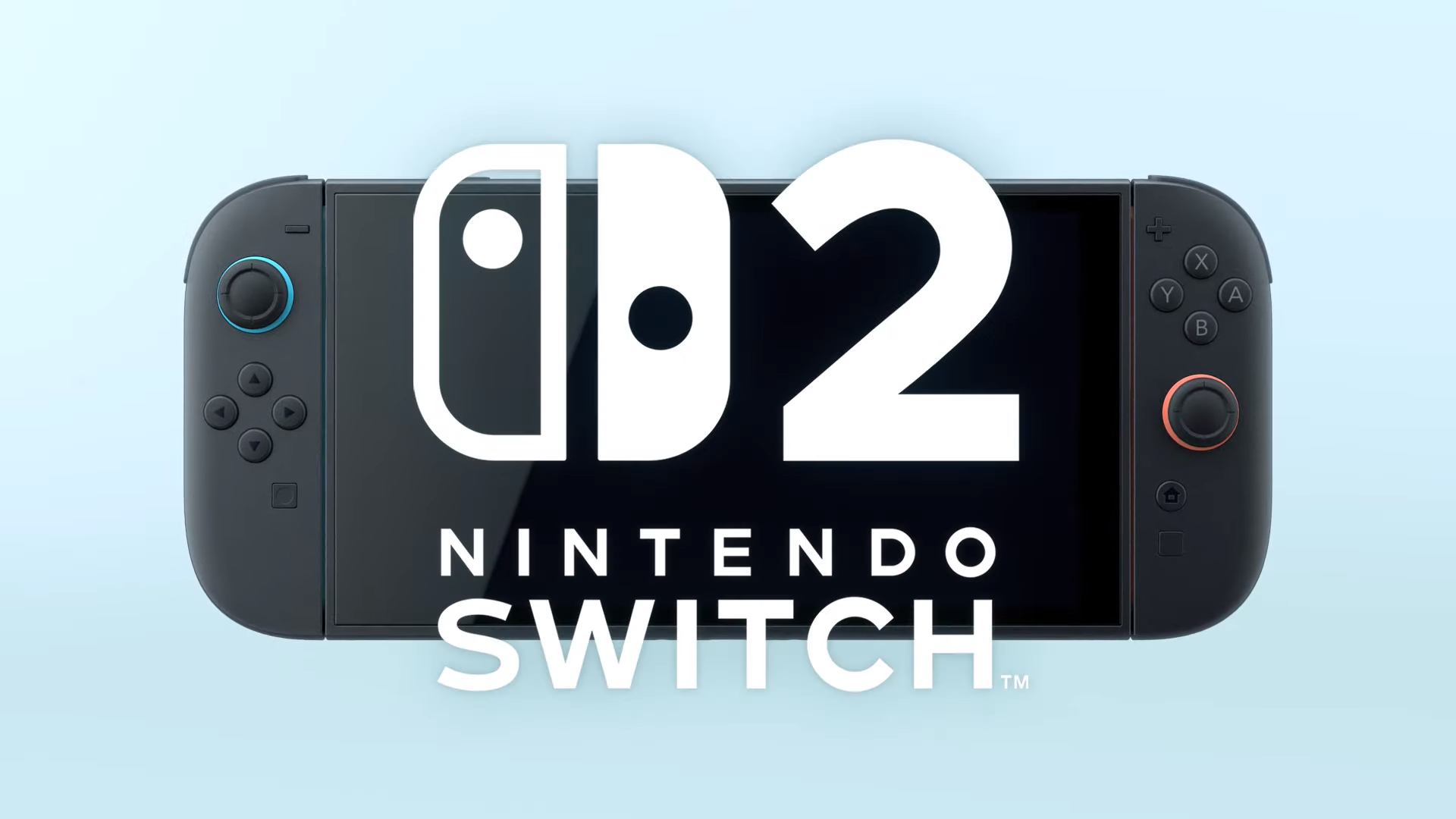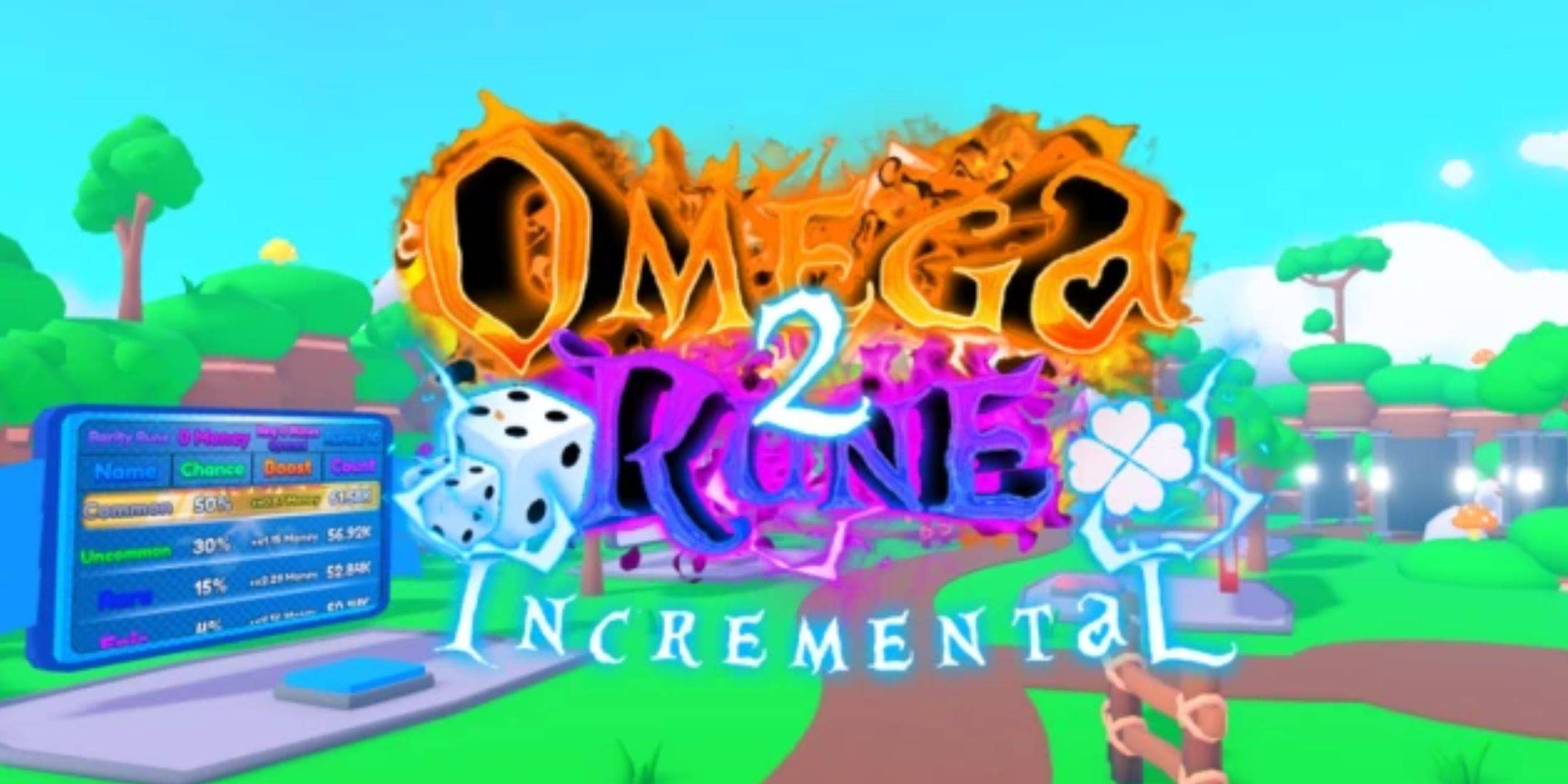Nintendo Rejects AI for Authenticity
- By Isaac
- Jan 10,2025
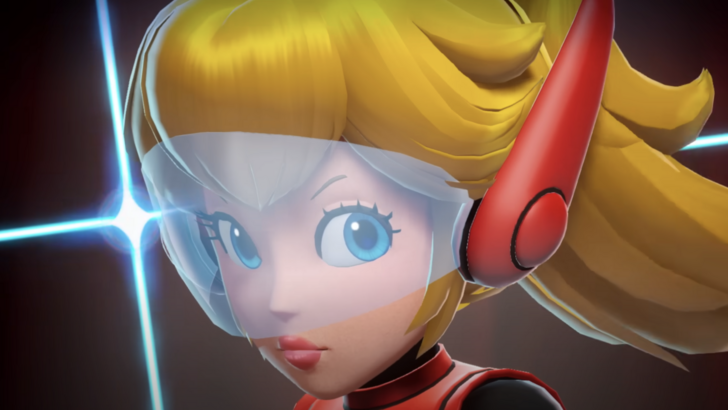 Amidst the gaming industry's exploration of generative AI, Nintendo maintains a cautious stance, citing concerns about intellectual property rights and their commitment to a distinctive development philosophy.
Amidst the gaming industry's exploration of generative AI, Nintendo maintains a cautious stance, citing concerns about intellectual property rights and their commitment to a distinctive development philosophy.
Nintendo President's Stance on AI Integration
IP Rights and Copyright Concerns Take Center Stage
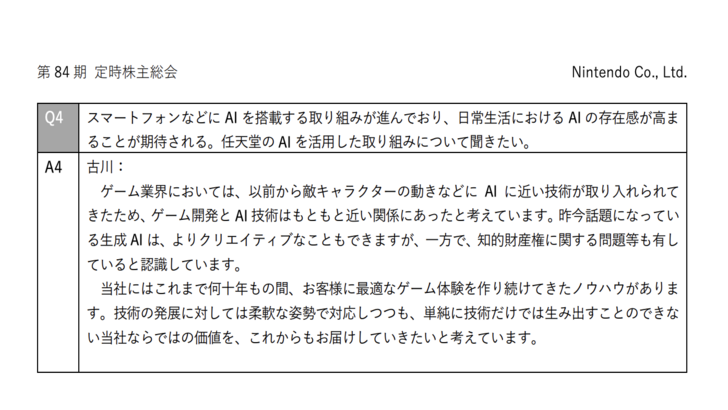 image (c) NintendoIn a recent investor Q&A, Nintendo President Shuntaro Furukawa confirmed the company's current lack of plans to integrate generative AI into its games. This decision stems primarily from concerns surrounding intellectual property rights. Furukawa addressed the relationship between AI and game development, acknowledging AI's longstanding role in controlling non-playable character (NPC) behavior. However, he distinguished this traditional use from the newer generative AI, capable of creating original text, images, videos, and other data through pattern recognition.
image (c) NintendoIn a recent investor Q&A, Nintendo President Shuntaro Furukawa confirmed the company's current lack of plans to integrate generative AI into its games. This decision stems primarily from concerns surrounding intellectual property rights. Furukawa addressed the relationship between AI and game development, acknowledging AI's longstanding role in controlling non-playable character (NPC) behavior. However, he distinguished this traditional use from the newer generative AI, capable of creating original text, images, videos, and other data through pattern recognition.
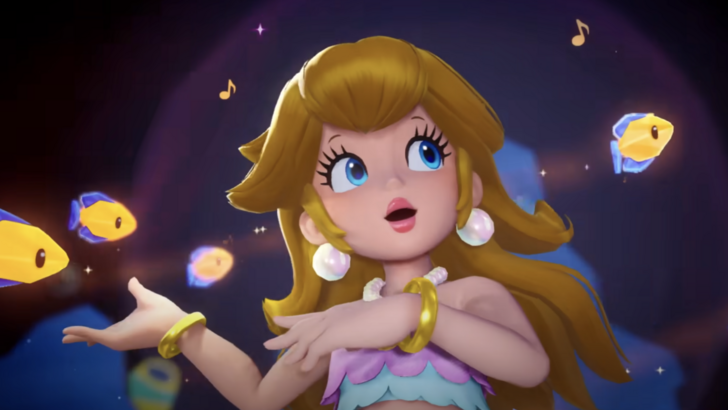 Generative AI's rise across various industries is undeniable. "In game development, AI-like technologies have long been used to control enemy character movements, so game development and AI have been intertwined for a long time," Furukawa explained.
Generative AI's rise across various industries is undeniable. "In game development, AI-like technologies have long been used to control enemy character movements, so game development and AI have been intertwined for a long time," Furukawa explained.
While recognizing generative AI's creative potential, Furukawa highlighted the inherent challenges, especially concerning IP rights. He stated, "Generative AI can produce more creative outputs, but we are also aware of potential intellectual property rights issues." This concern likely reflects the risk of generative AI tools inadvertently infringing on existing copyrighted works.
Upholding Nintendo's Unique Identity
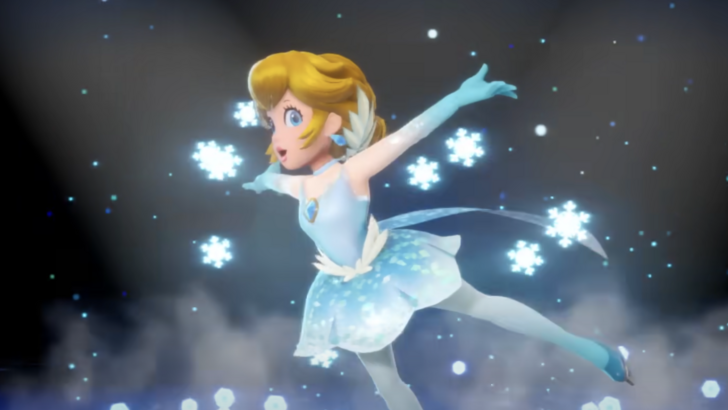 Furukawa underscored Nintendo's decades-long commitment to crafting unique gaming experiences, built on extensive expertise. He noted, "We have decades of expertise in creating optimal game experiences for our customers. While we remain adaptable to technological advancements, we aim to continue delivering unique value that technology alone cannot replicate."
Furukawa underscored Nintendo's decades-long commitment to crafting unique gaming experiences, built on extensive expertise. He noted, "We have decades of expertise in creating optimal game experiences for our customers. While we remain adaptable to technological advancements, we aim to continue delivering unique value that technology alone cannot replicate."
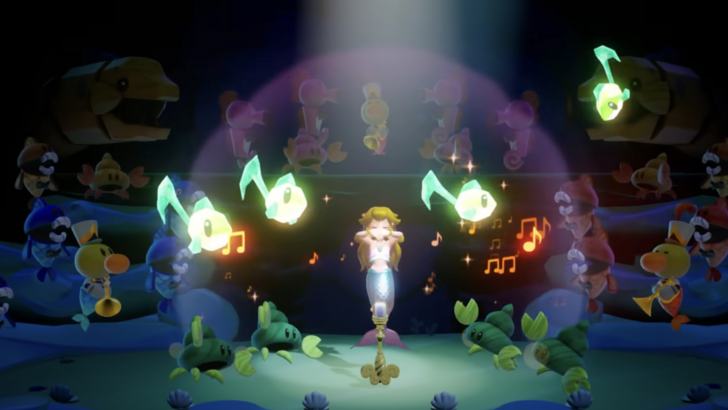 This stance contrasts with other industry leaders. Ubisoft, for instance, introduced Project Neural Nexus NEO NPCs, leveraging generative AI for NPC interactions. Project producer Xavier Manzanares emphasized that generative AI serves merely as a tool. "Every new technology isn't a game creator in itself," Manzanares clarified. "GenAI is a tool, a technology. It doesn't create games; it requires integration with design and a dedicated team to utilize it effectively."
This stance contrasts with other industry leaders. Ubisoft, for instance, introduced Project Neural Nexus NEO NPCs, leveraging generative AI for NPC interactions. Project producer Xavier Manzanares emphasized that generative AI serves merely as a tool. "Every new technology isn't a game creator in itself," Manzanares clarified. "GenAI is a tool, a technology. It doesn't create games; it requires integration with design and a dedicated team to utilize it effectively."
Similarly, Square Enix President Takashi Kiryu sees generative AI as a business opportunity for content creation, while Electronic Arts (EA) CEO Andrew Wilson anticipates generative AI enhancing over half of EA's development processes.
Latest News
more >-
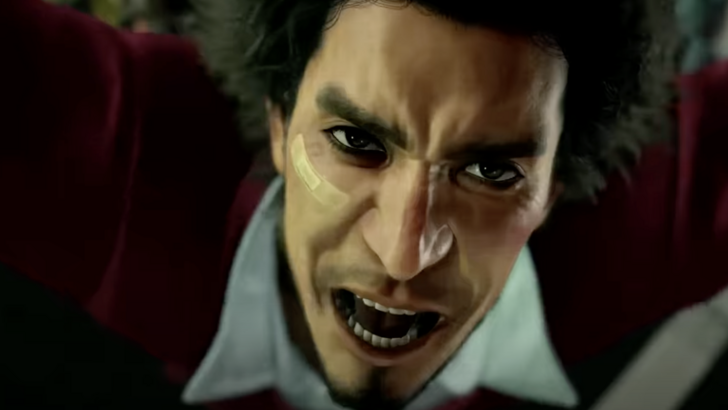
-

-
- Cardinals Watch Conclave Ahead of Key Event
- Feb 15,2026
-
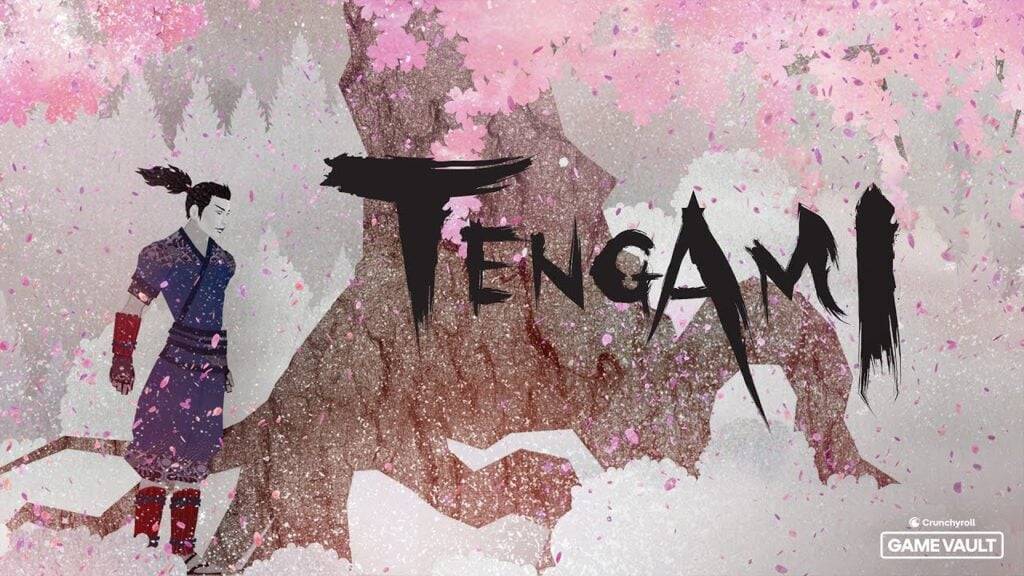
-

- Xbox Controller Gets a Major Upgrade
- Feb 13,2026
